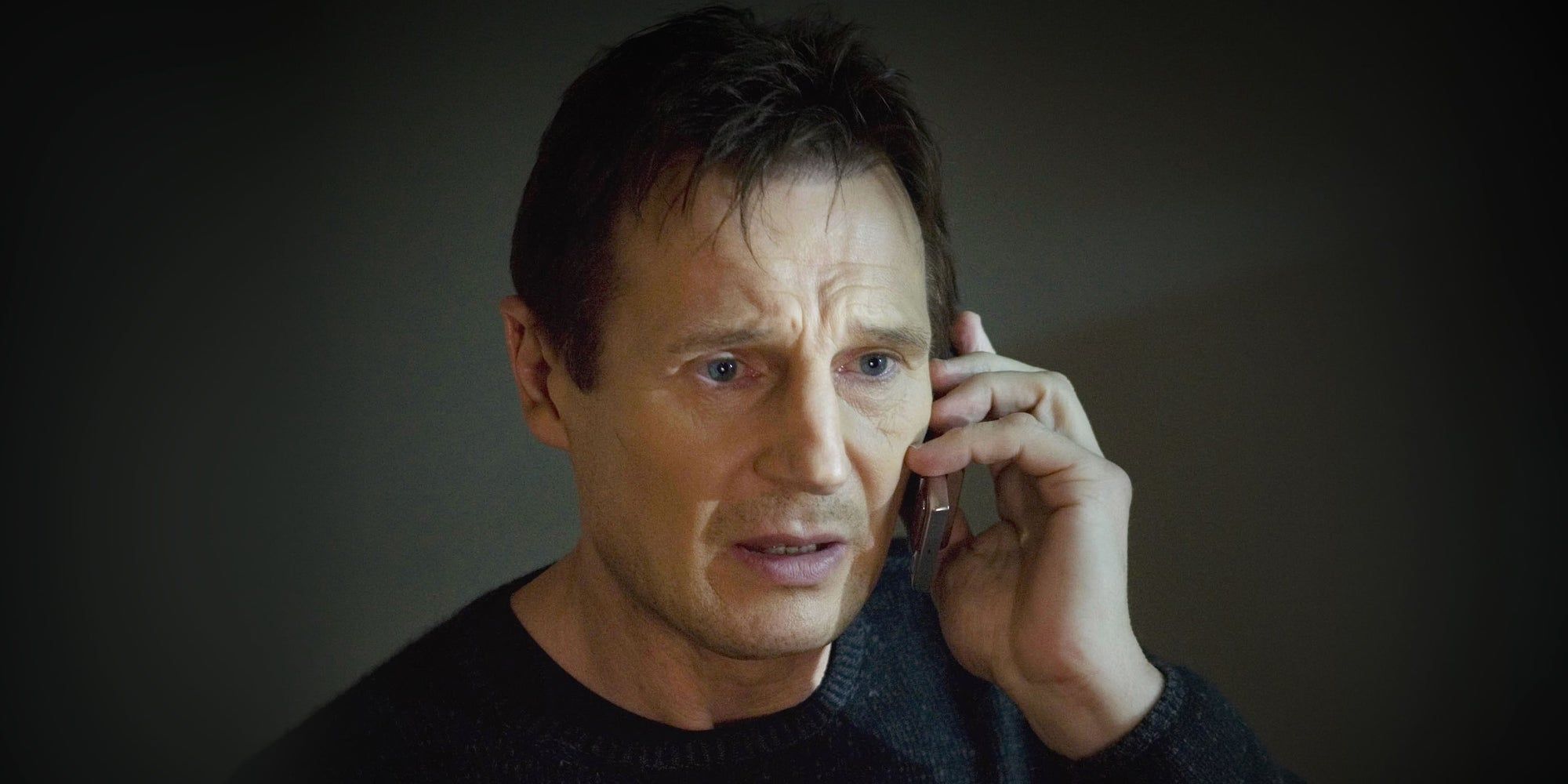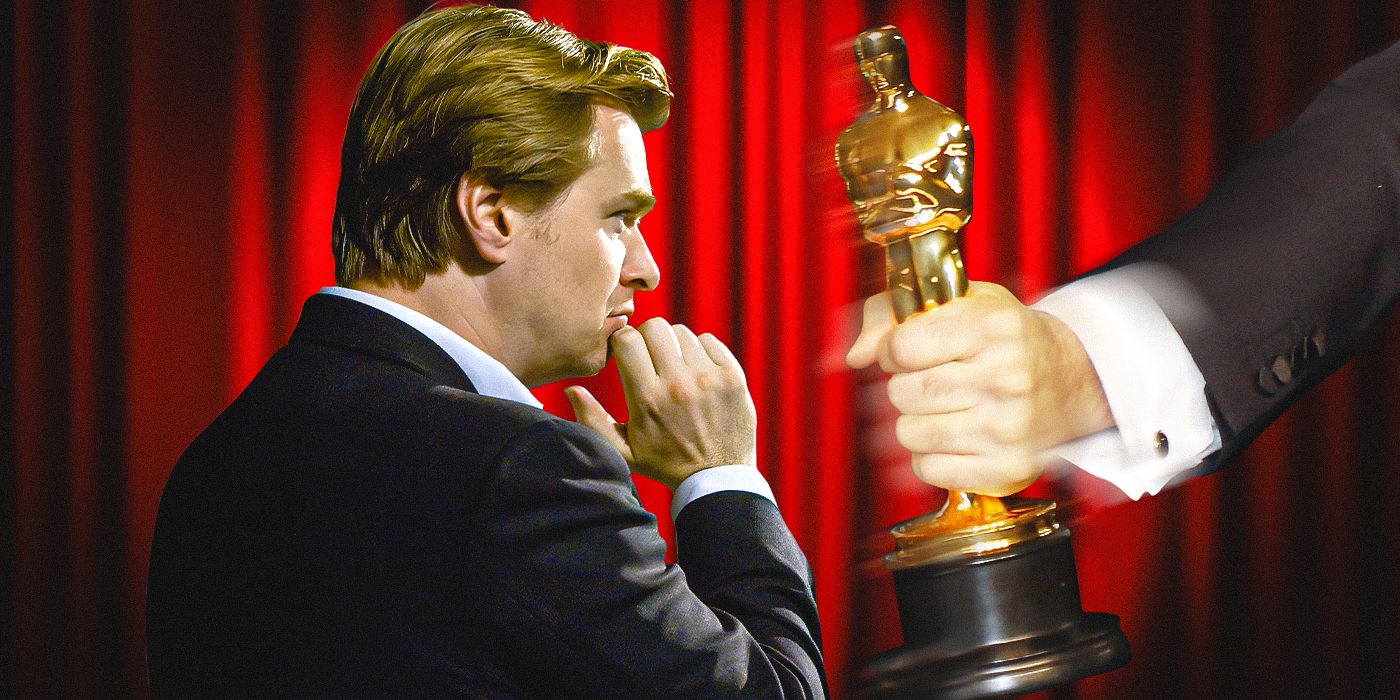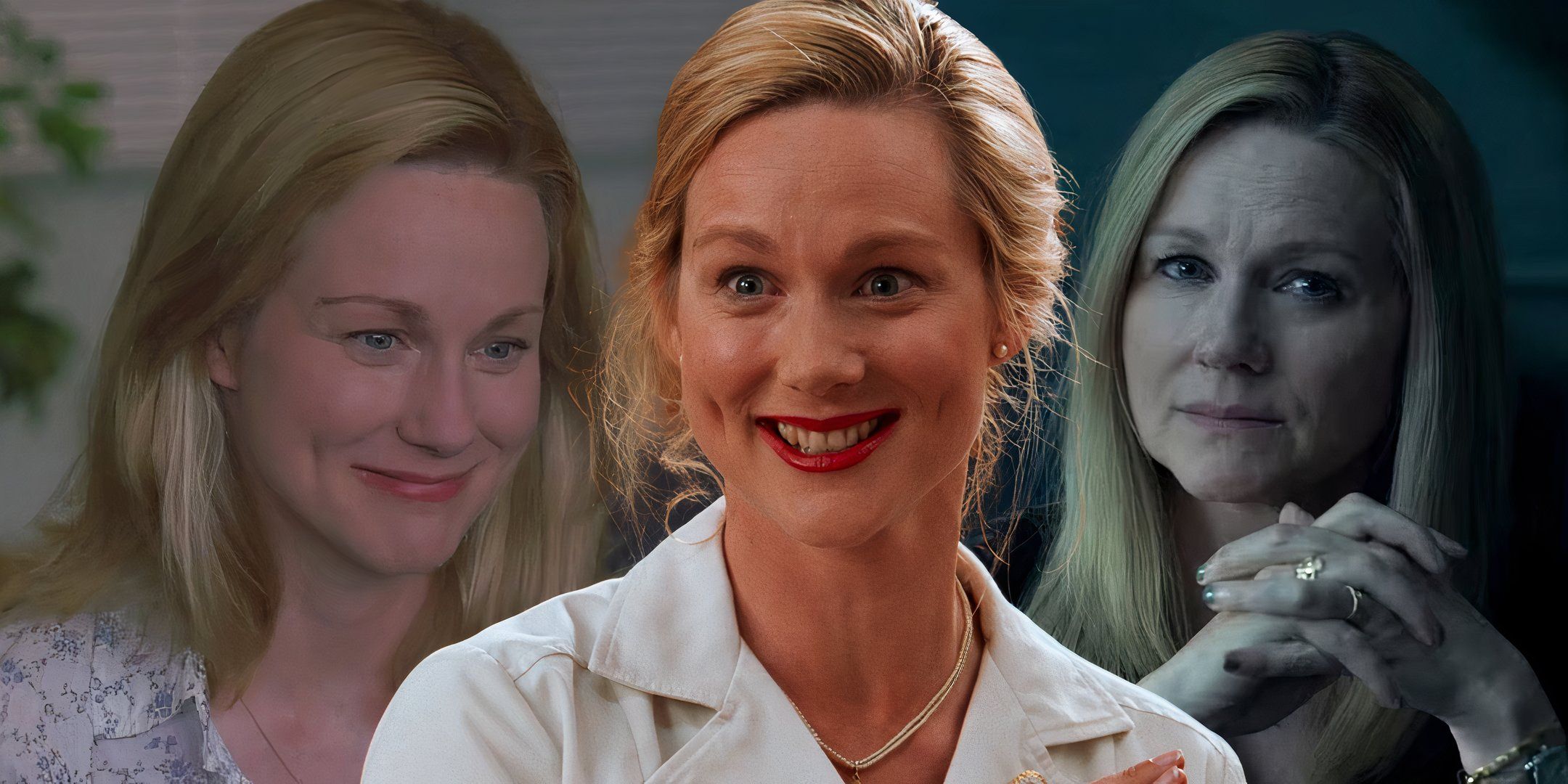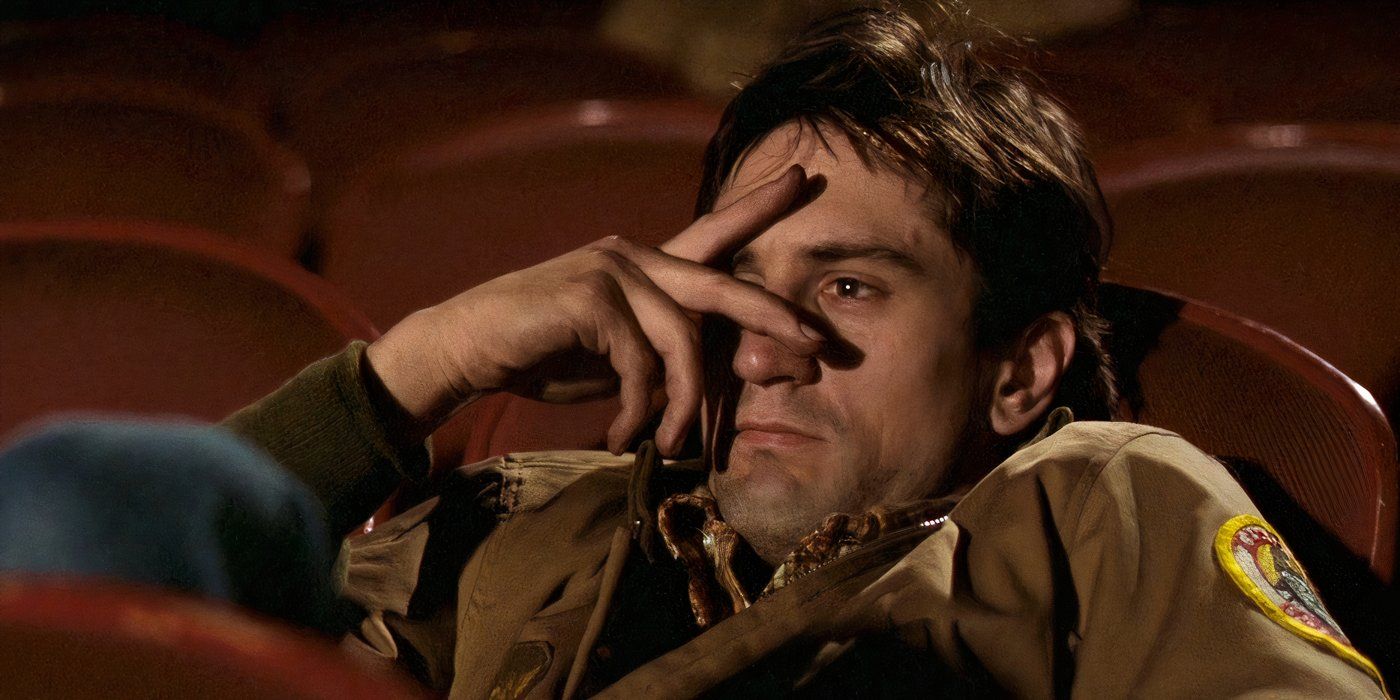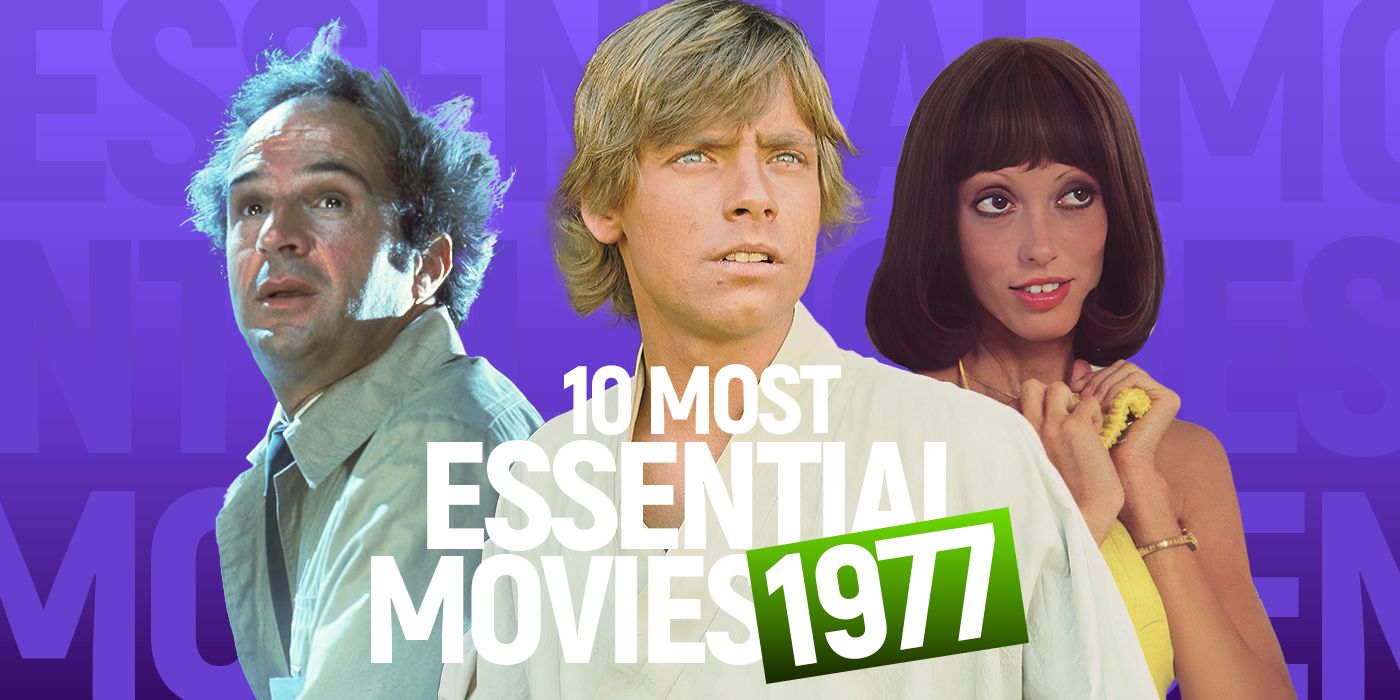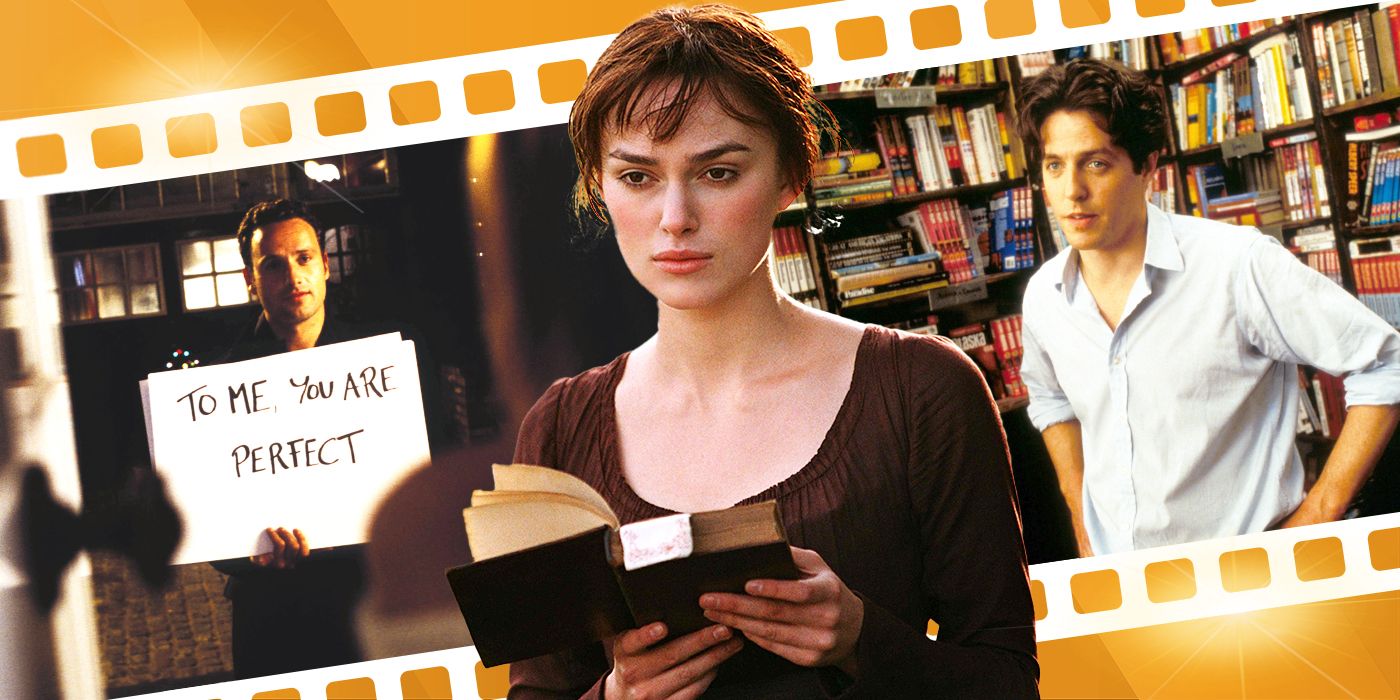Before audiences recognized his commanding presence and distinguishable voice, ’s career began in the theater before transitioning to film. His crowning achievement came with , earning him widespread acclaim and an Oscar nomination. From there, Neeson solidified his reputation with dramatic roles becoming a respected leading man in Hollywood. He then ventured into blockbuster movies, mentoring Obi-Wan Kenobi and Batman, and lending his iconic voice to franchises like and . His career successfully sees a new chapter with him as an action star, starting with the phenomenal Taken.
This list explores the most essential films in Liam Neeson’s career, from his early dramatic work to his reinvention as an action star. We’ll look at the performances that define his career, from his hit movies to probably a few of his underrated ones. One thing for sure, this actor possesses a very particular set of skills that makes him and his films endure.
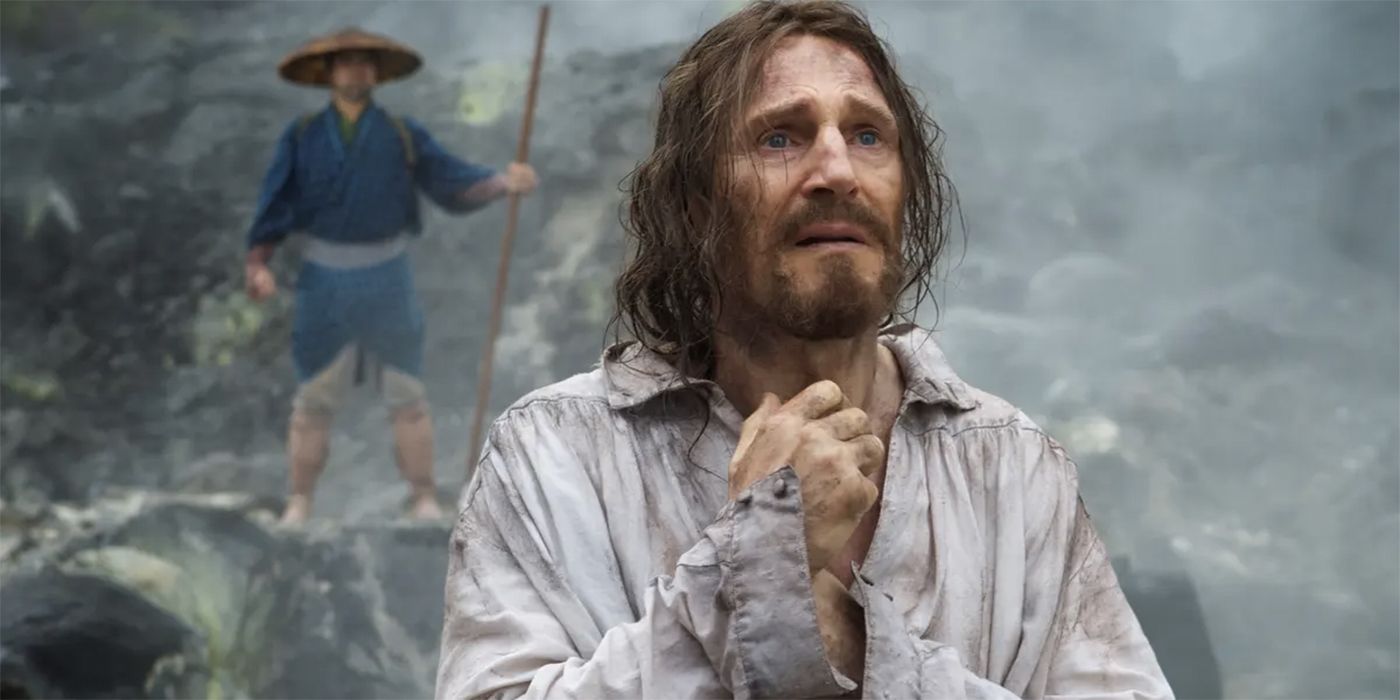
Based on 's novel, follows two Jesuit priests, Rodrigues () and Garupe () who are sent to Japan to locate their missing mentor, Father Ferreira (Neeson), rumored to have renounced his faith under torture. Their journey is not easy, as they witness first-hand the rejection of Christianity and the suffering of Japanese converts. The film is one of Martin Scorsese's passion projects, having started its development in the early 1990s.
This film is proof of Neeson's unmistakable charisma and presence. Neeson’s Ferreira only appears at the very beginning and late in the film, but his character's myth hangs over every scene. When he finally emerges, broken and resigned, he delivers a philosophical counterpoint to his younger counterpart's idealism. In just a few scenes, he embodies the film's central dilemma about faith and human life. Reuniting with Scorsese after , he proves yet again that he can elevate even the smallest part into something unforgettable. Silence is also one of Scorsese's finest works, making it also an essential part of Neeson's filmography.
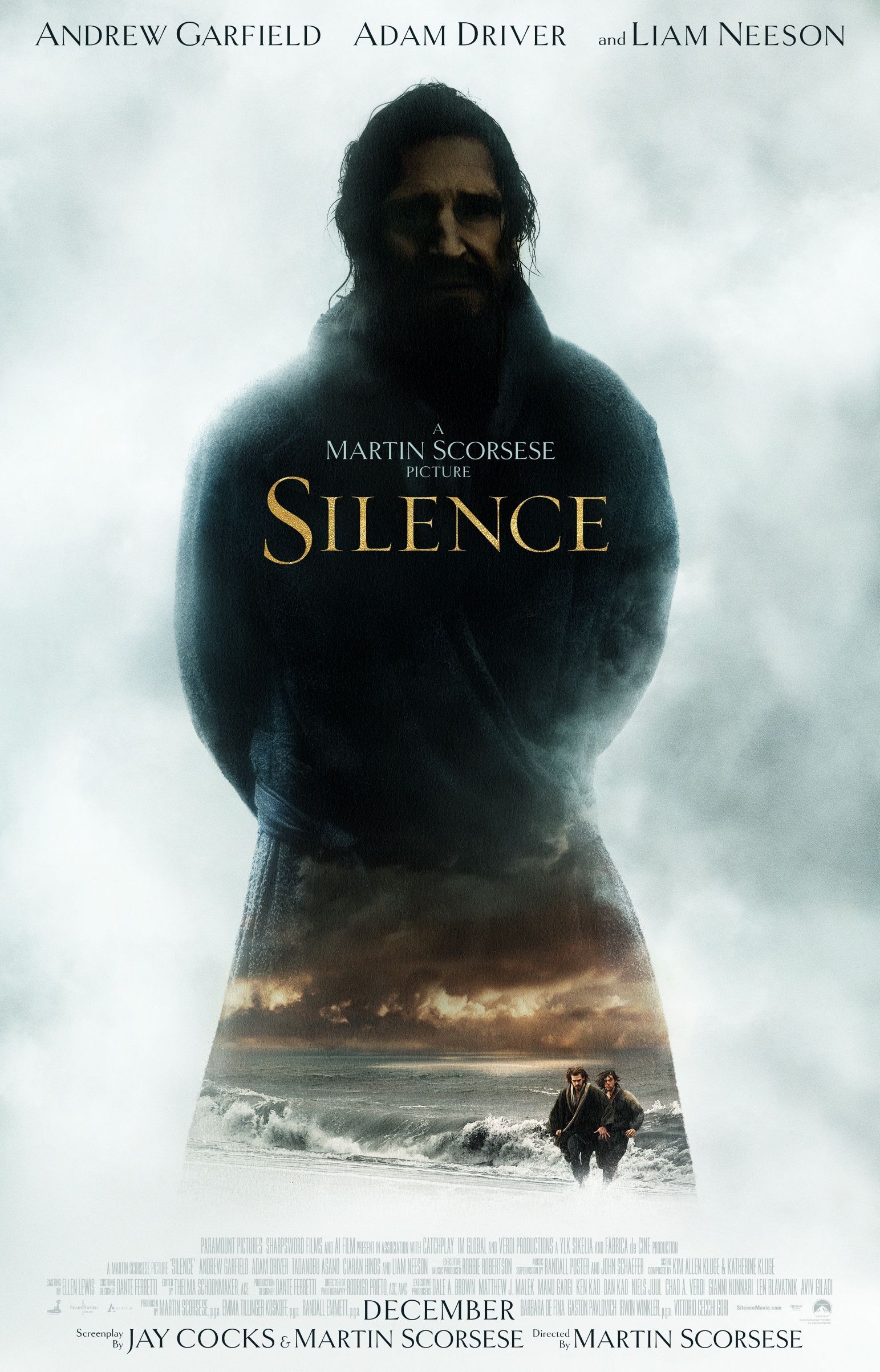
Silence
- December 23, 2016
- 161 Minutes
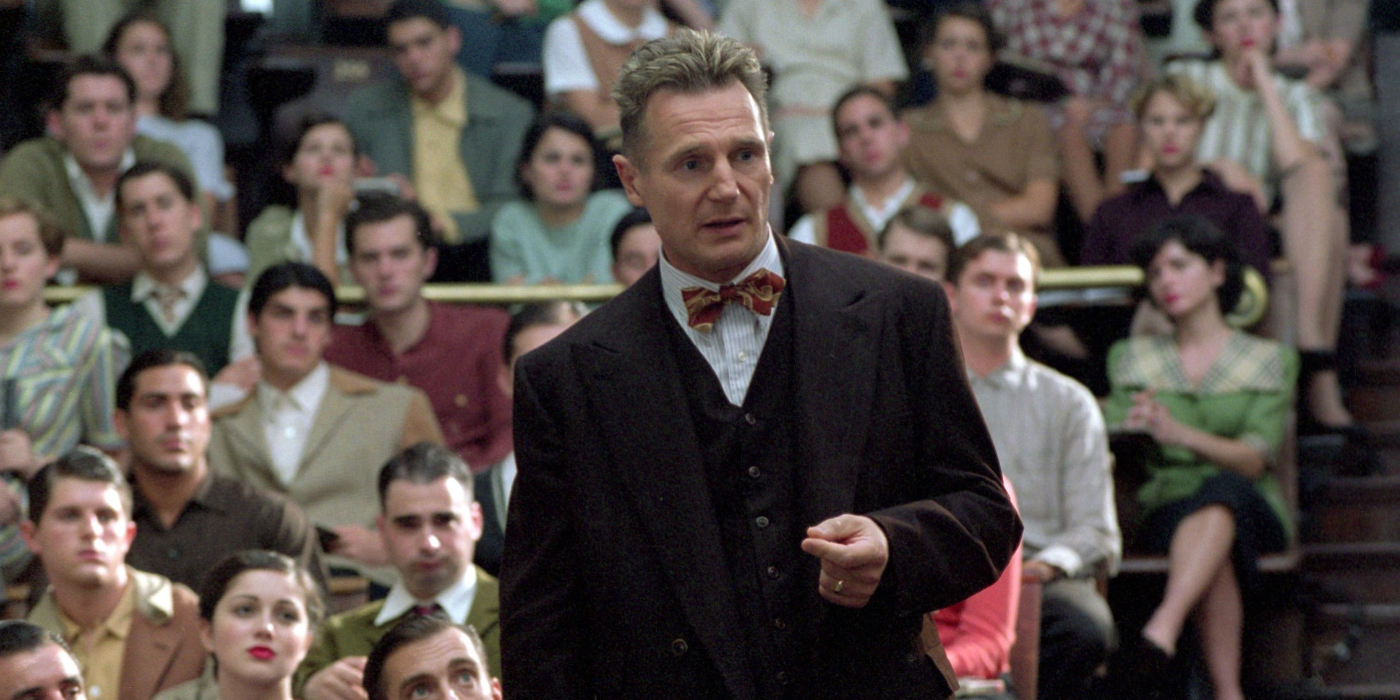
is a biopic about Alfred Kinsey, the pioneering sexologist who studied human sexuality and dramatically shifted societal perceptions in the 20th century. The film follows Kinsey’s personal life with his wife Clara () and his professional journey as he confronts public resistance and ethical boundaries in his groundbreaking research using his infamous sex surveys. Directed by (), the film also stars , and .
Neeson perfectly captures Kinsey's obsessive intellect and social awkwardness, showcasing him at his most intellectually fearless as he portrays a brilliant scientist and a flawed man. Compared to his action hero persona these days, it's one of his rare against-type performances. He garnered a Golden Globe nomination for this film, losing to 's performance in . Kinsey remains underrated and underseen, even though the film is an important film that explores the intersection of science, ethics, and sexuality and, most of all, a groundbreaking, historic research.
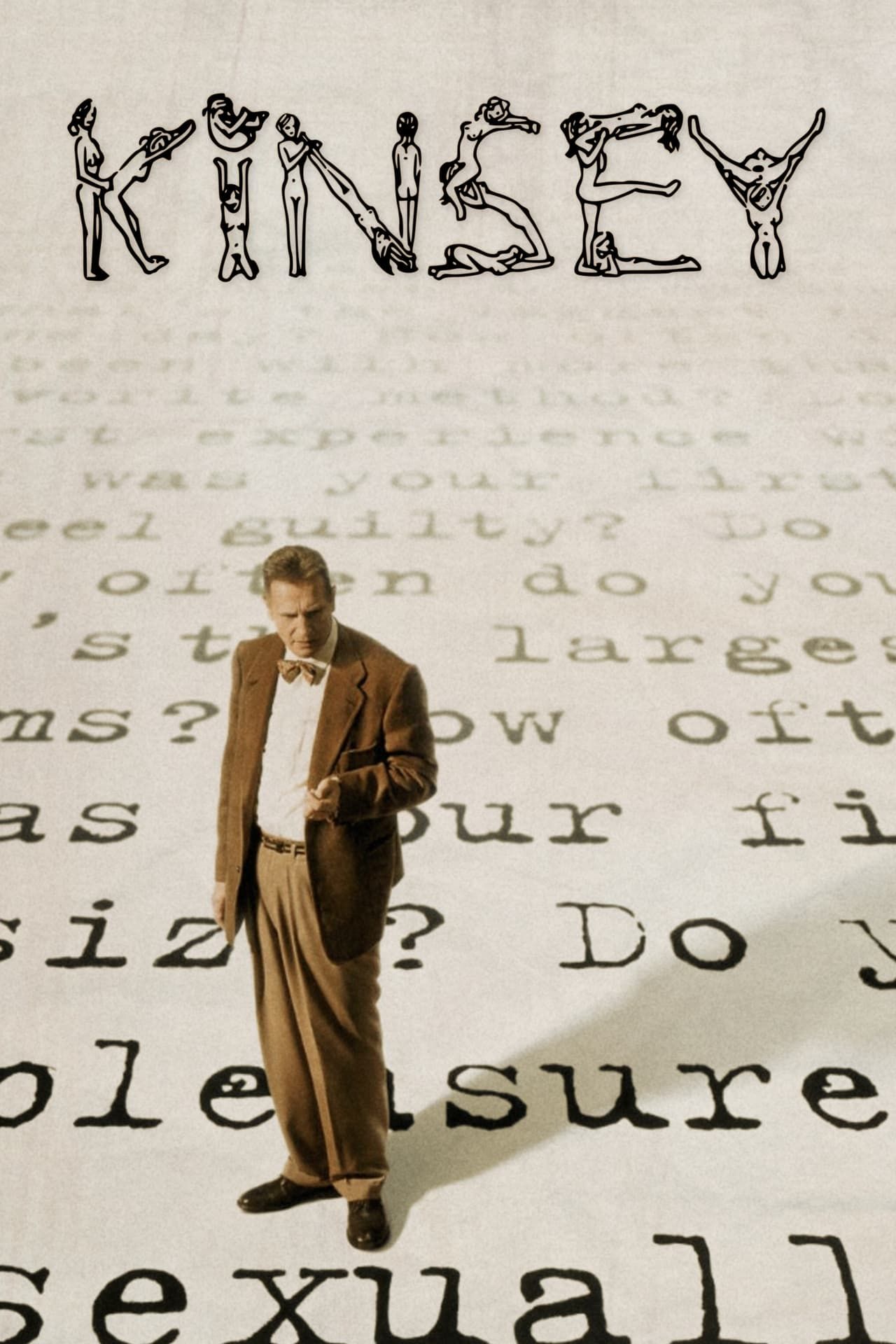
Kinsey
- September 4, 2004
- 118 minutes
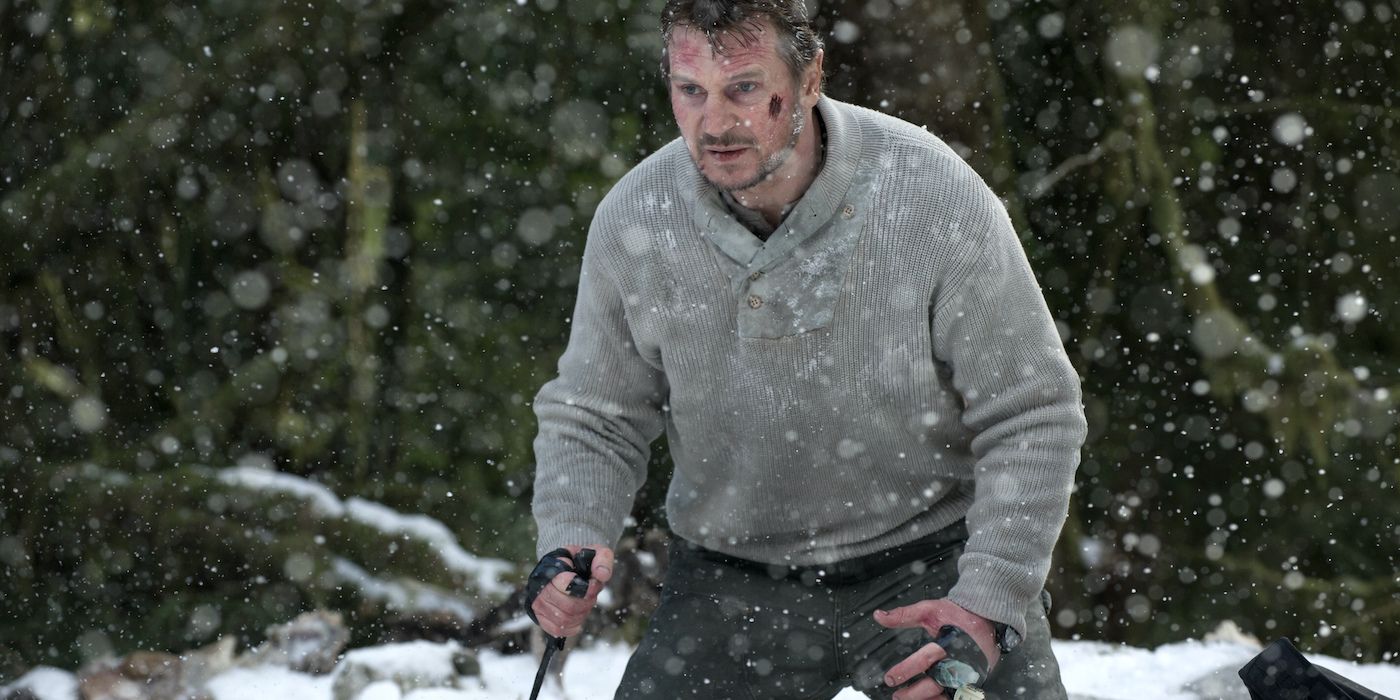
In , Liam Neeson plays John Ottway, an oil rig worker who leads a group of survivors stranded in the Alaskan wilderness after a plane crash. Before the crash, Ottway contemplated suicide as he lost his will to live after his wife's death. However, as they struggle to survive against the harsh nature and a pack of territorial wolves, Ottway becomes the reluctant leader, fighting to protect the group and guide them to safety. The film also stars and .
Released at the height of Neeson's late-career action stardom, the film subverted expectations by blending survival thriller with existential philosophy. Neeson's performance is widely praised, combining his action-hero persona with profound dramatic acting. The film's infamous ending remains one of the most debated in Neeson's filmography, but it makes the film unforgettable. The Grey stands as proof he's always brought more to the table, turning what could've been a silly Liam Neeson versus wolves movie, as the marketing suggested, into a meditation on grief, masculinity, and what makes life worth fighting for.
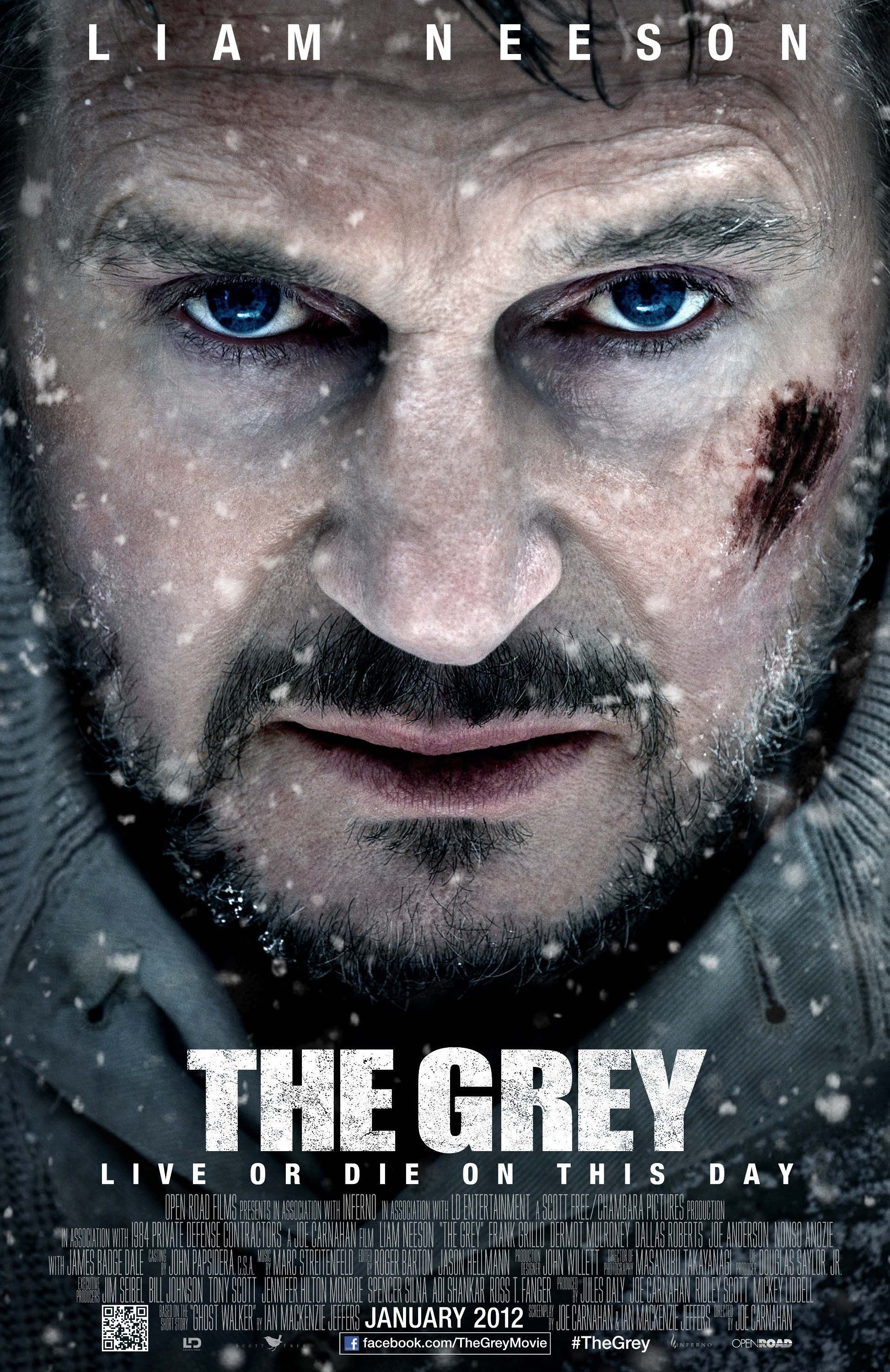
The Grey
- January 27, 2012
- 117 minutes
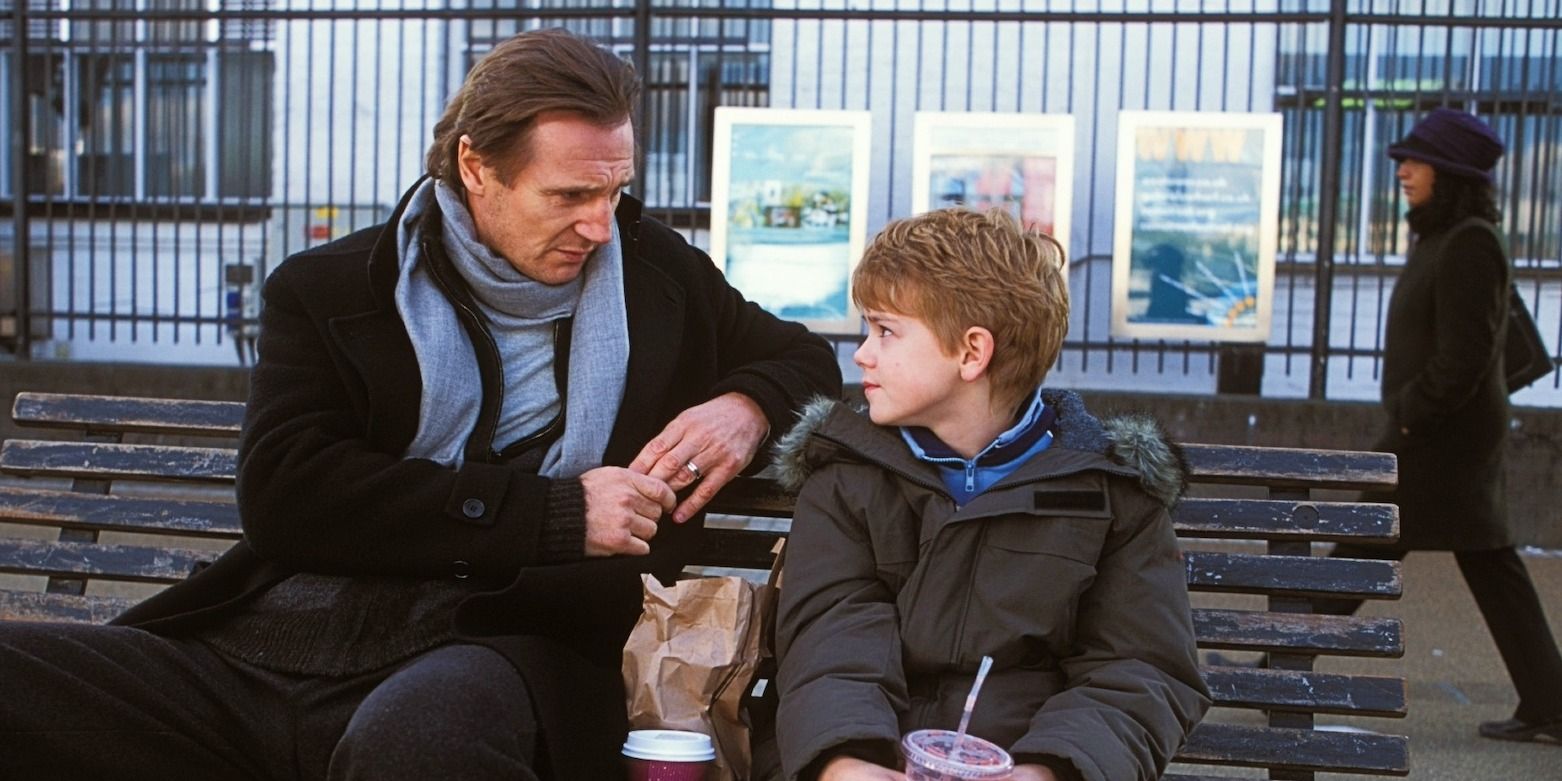
In the star-studded, holiday classic , Neeson plays Daniel, a recently widowed stepfather facing grief while helping his young son Sam () through his first crush. Daniel mistakes his son's distant behavior due to grief, when it's actually because he is totally and utterly in love. Their storyline is one of the most memorable and most emotional in the film's sprawling tapestry.
While other characters deal with more overtly comedic and dramatic scenarios, Neeson brings a reserved performance as a man rediscovering how to live and love after loss. Whether it's tenderly explaining heartbreak over his late wife's piano or enthusiastically supporting Sam's rom-com material love declaration. This role proved Neeson's unexpected genius in a romantic and dramatic role, making his grounded portrayal of Daniel feel like the most authentic character in the bunch. In a film filled with iconic moments and the finest group of British actors that include and , Daniel and Sam's story probably stands as the most heartwarming one.
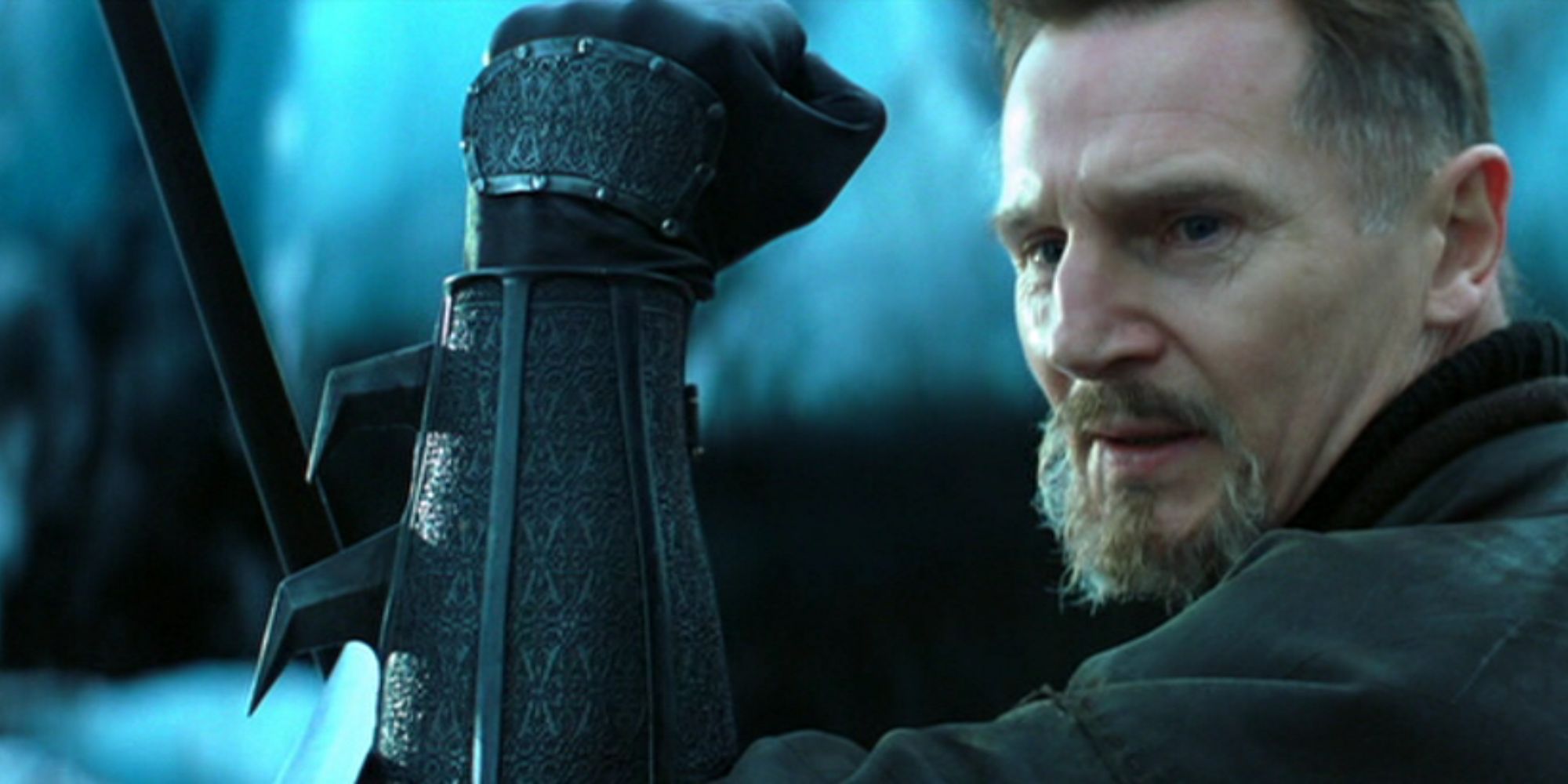
In , Liam Neeson plays Henri Ducard, Bruce Wayne's () mysterious mentor who trains him in the League of Shadows' art of combat and stealth, practically shaping Batman's identity and philosophy. After a moral disagreement, Bruce destroys the League's base but saves Ducard. He returns to Gotham and takes on the criminals as Batman. However, when Scarecrow's () plan is revealed, so does the Ducard's real identity.
Neeson is perfect as the mentor to Bruce and also screen partner for the relatively unknown Christian Bale. This role marked a brilliant pivot in Neeson's career, after years of playing noble heroes, he got to flex his villainous chops while still maintaining that signature gravitas. Though Ducard isn't as flashy as other Batman villains, and even his twist is quite problematic, Neeson's performance gives it weight. He established the template for 's grounded antagonists, who are sophisticated, philosophical, and terrifyingly logical in their destruction. Just like how he trains Bruce, Nolan teaches a generation of filmmakers and audiences to take comic book movies seriously.
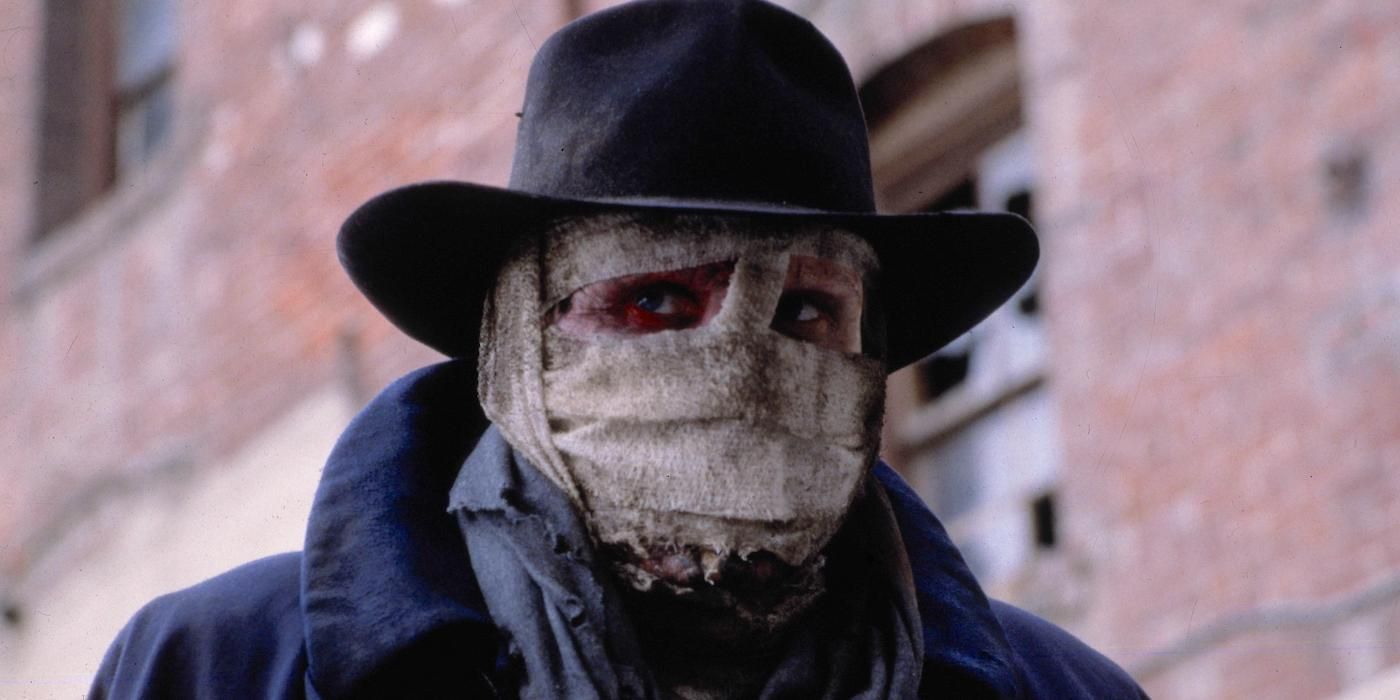
A cult classic, follows Neeson's Dr. Peyton Westlake, a scientist developing synthetic skin for burn victims. After a brutal attack by mobsters leaves him horrifically disfigured and presumed dead, he reinvents himself as the vigilante Darkman. Resurrected with no pain receptors and unstable adrenaline surges, he uses his experimental technology to assume others' identities while hunting down the gangsters who destroyed his life.
This early leading role proved Neeson could anchor a high-concept film while bringing Shakespearean depth to B-movie material. His transition from meek scientist to tortured antihero remains one of comic book film's most compelling arcs, predating similar themes in mainstream superhero films by nearly two decades. While the film's practical effects, over-the-top villains, and Raimi's frenetic style scream '90s cult classic, Neeson's raw emotional performance gives it staying power. While Darkman wasn’t a massive hit at the time, it launched Neeson's Hollywood career and also demonstrated his unique ability to make even the most outlandish concepts feel real, a skill that would serve him well in everything from to .
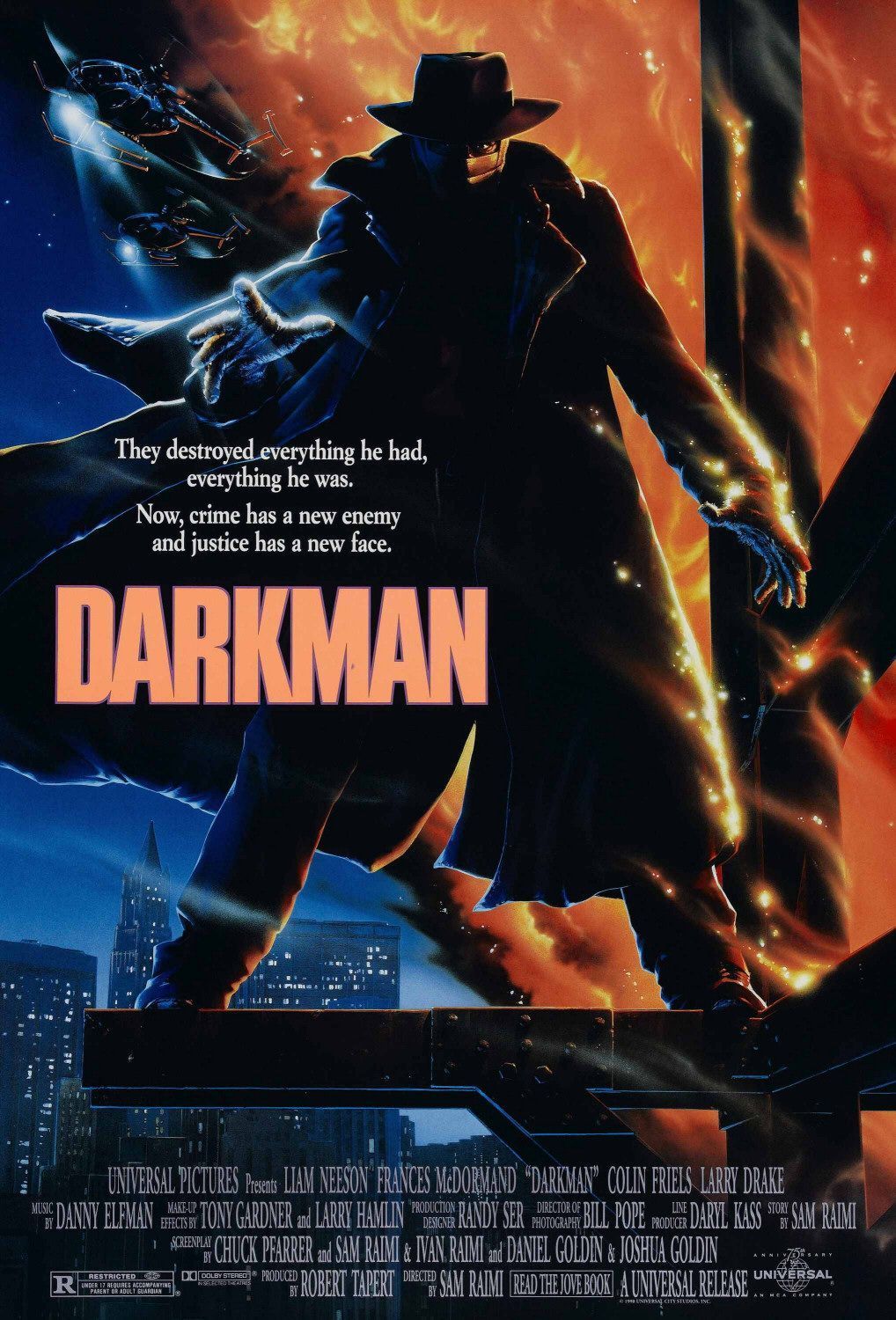
Darkman
- August 24, 1990
- 96 minutes
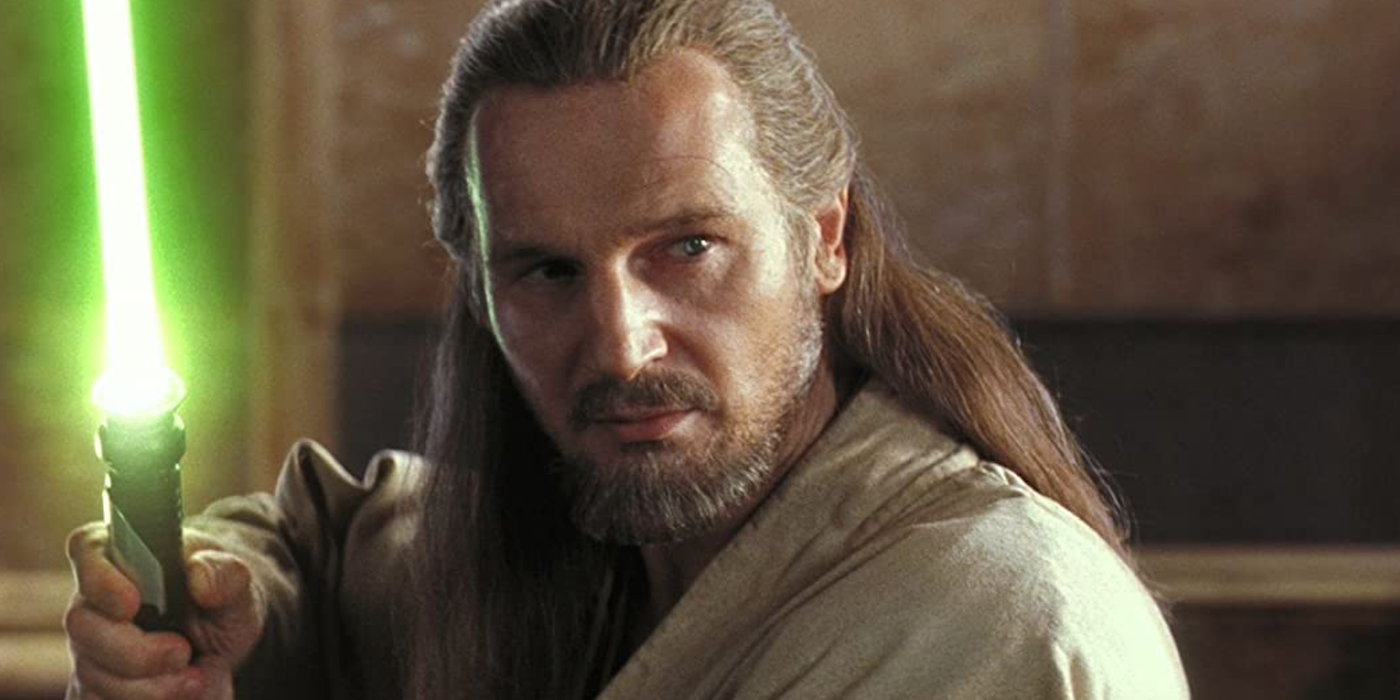
In the first chapter of the prequel trilogy, , Liam Neeson brought gravitas to the galaxy far far away as Qui-Gon Jinn, a wise and unshakable Jedi Master and mentor to young Obi-Wan Kenobi (). When Qui-Gon and Obi-Wan meet with Anakin Skywalker (), a child with a high midi-chlorian count, Qui-Gon becomes convinced that Anakin is the Chosen One who is destined to bring balance to the Force.
It is no secret that the prequels do not enjoy the same love as the original trilogy. However, Neeson's performance remained universally praised for bringing emotional weight to Lucas's CGI spectacle. His chemistry with Ewan McGregor's Obi-Wan creates the most believable master-apprentice dynamic in the saga, making Qui-Gon's tragic ending one of the franchise's most shocking and impactful moments. One of the proof that he's so good as Qui-Gon is that he made the much-debated midi-chlorians sound like a truly profound concept rather than a clunky plot device. He recently appeared again as the character in the series .
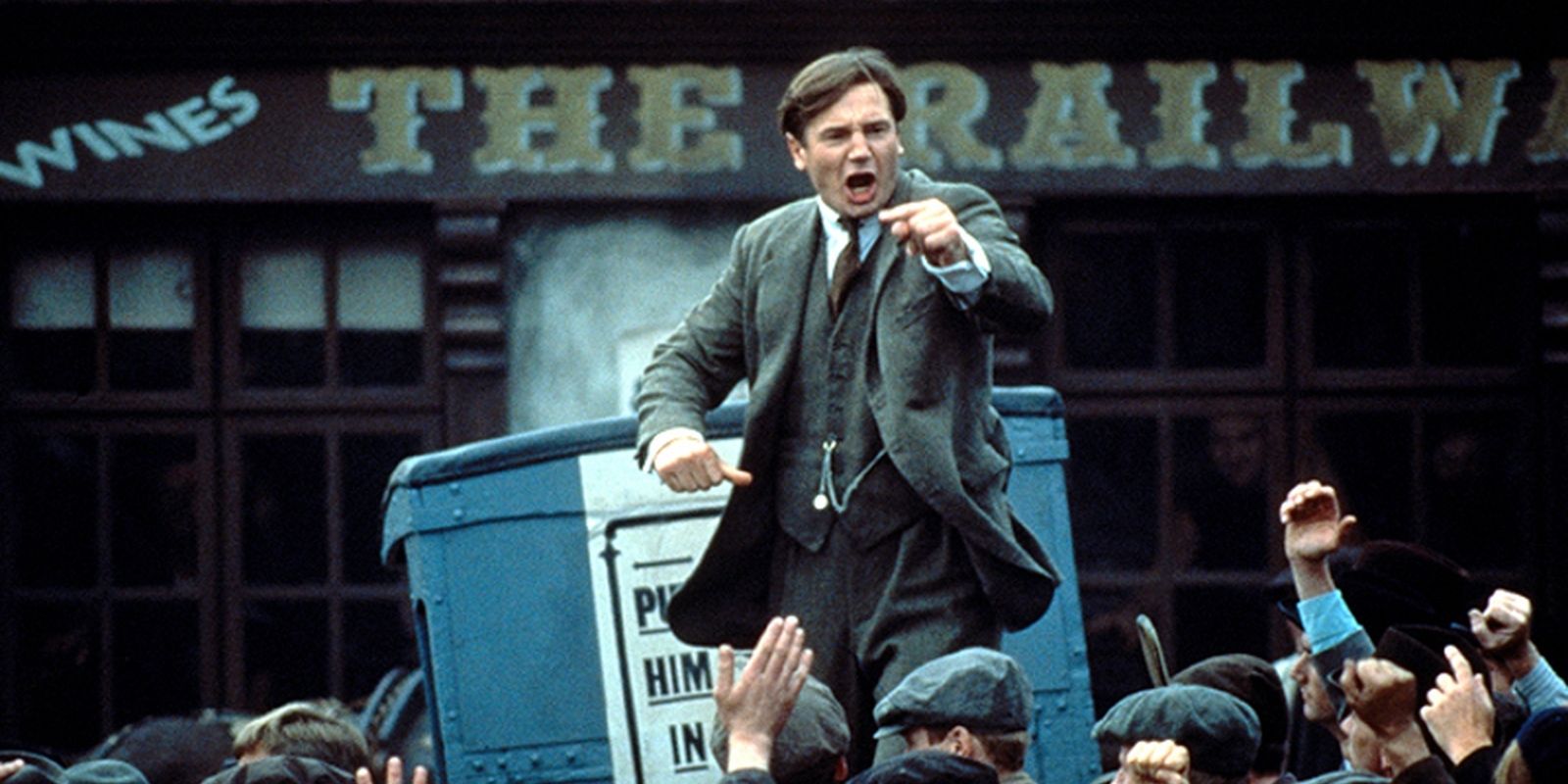
Liam Neeson plays the titular character in , the Irish revolutionary leader who played a key role in the fight for Irish independence. The film follows him from his start as a guerrilla warfare strategist against British forces to compromised statesman, because of his controversial role in negotiating the Anglo-Irish Treaty, which led to his tragic assassination. Directed by (), the film also stars Alan Rickman and .
Neeson’s towering performance in Michael Collins is one of his best, earning him the Best Actor award at the Venice Film Festival and a Golden Globe nomination. His portrayal balances the warrior's ruthlessness with the vulnerable man who just wants to be rid of the guns. His chemistry with Rickman's de Valera crackles with political tension, particularly in their final confrontation where years of friendship disintegrate into civil war. Though the film wasn’t a massive box office success, it remains a crucial work in Neeson’s filmography, highlighting his Irish heritage and his ability to bring historical figures to life. Thirty years later, it remains the definitive cinematic portrait of Ireland's most enigmatic revolutionary.

The film that reinvented Liam Neeson as an action star, follows Bryan Mills, a retired CIA operative who uses his particular set of skills to track down and rescue his kidnapped daughter Kim () in Paris. Bryan tracks down the kidnappers, interrogates corrupt officials and ultimately dismantling an entire criminal network. The film's iconic phone call, where Bryan coldly informs the kidnappers "I will look for you, I will find you, and I will kill you", instantly entered pop culture history.
At 56 years old, Neeson redefined the action genre, proving an actor of his age could also dominate the genre with sheer intensity rather than just muscular physique. His portrayal works because Bryan isn't invincible; we see the fear in his eyes when he first realizes Kim's been taken, making his rampage feel earned rather than gratuitous for shock value. The film's unexpected success launched two sequels, a TV series and countless imitators trying to capture the same tension. However, in some ways, it also paved the way for exciting action films like . Taken proved that Neeson could dominate the action genre just as effectively as he had dramas, making it one of the most significant films of his career.
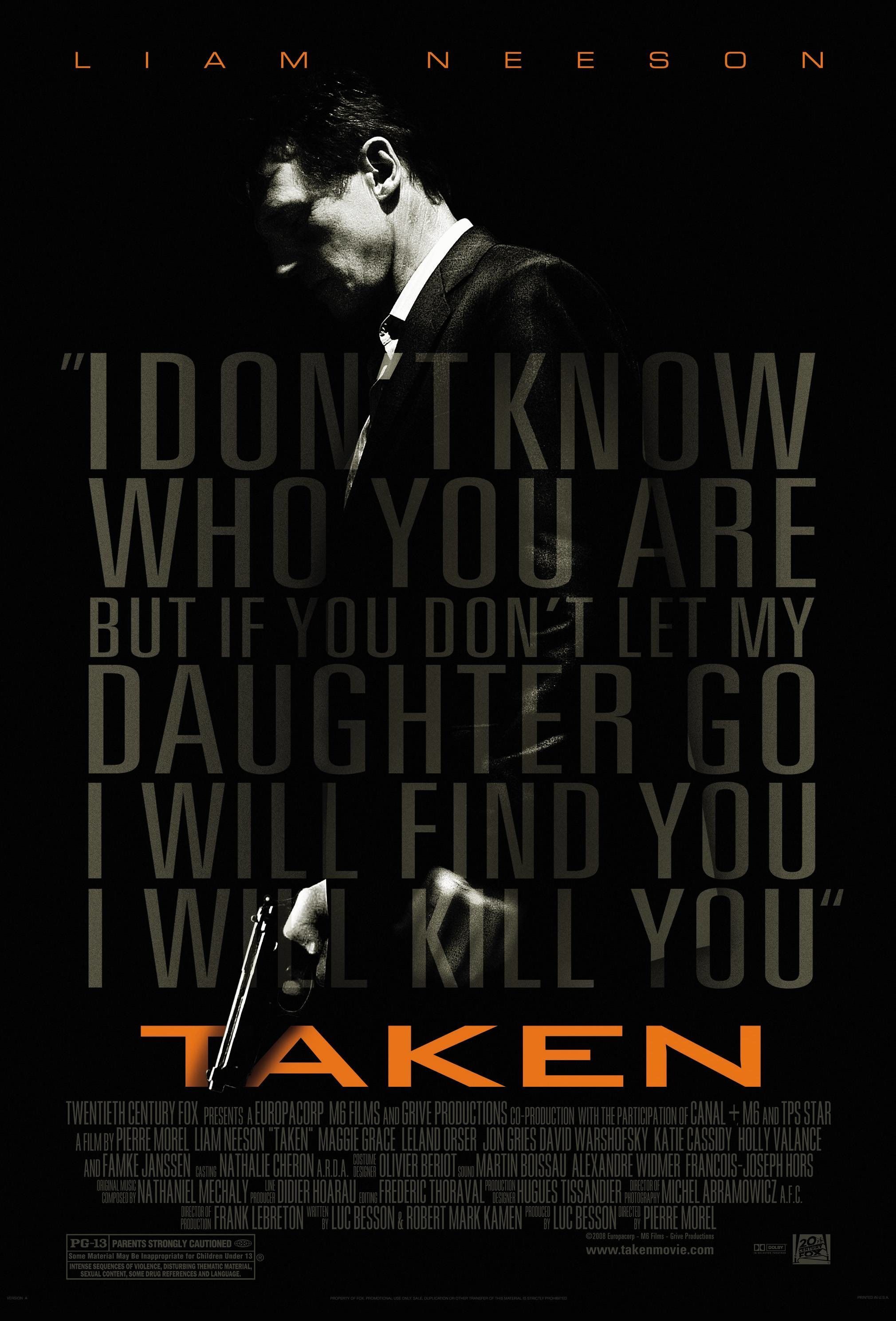
Taken
- January 30, 2009
- 90 minutes
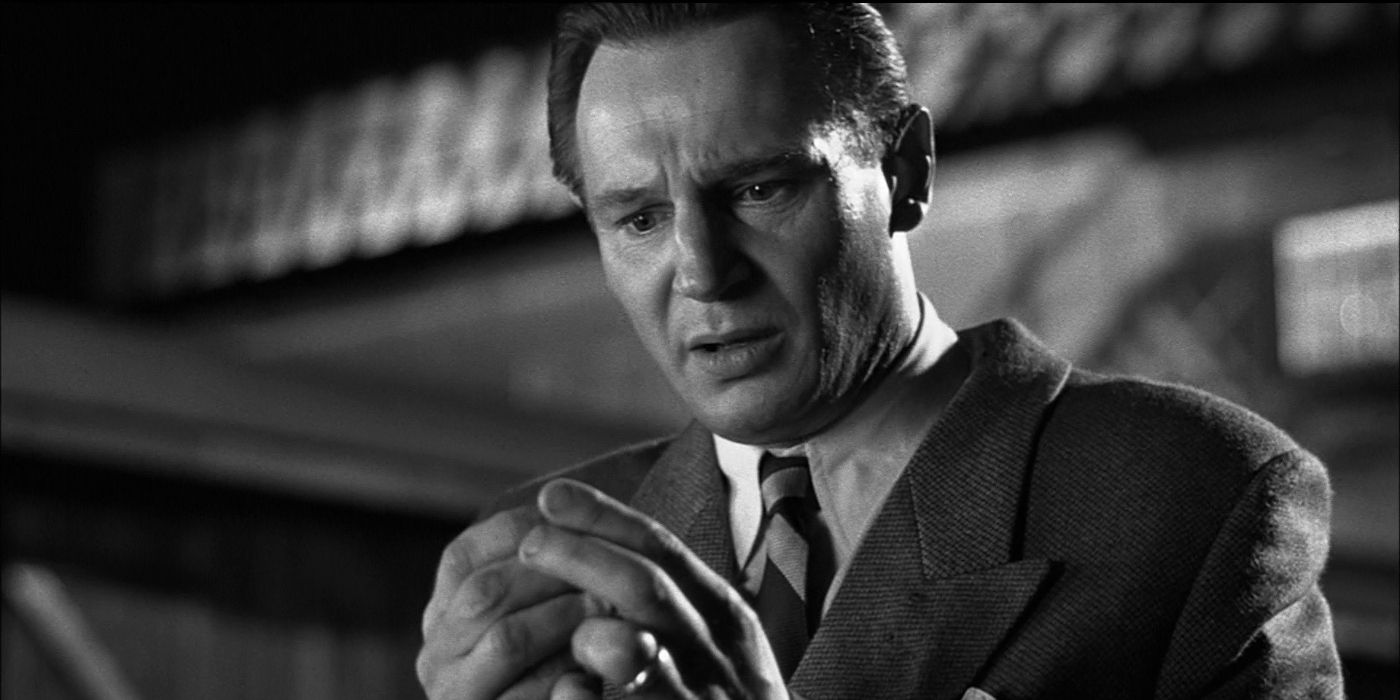
In Schindler's List, Liam Neeson delivers the performance of a lifetime as Oskar Schindler, the complex German industrialist who evolves from war profiteer to unlikely savior of 1,100 Jews during the Holocaust. Schindler starts out as a charming opportunist as he wines and dines Nazi officials to secure his enamelware factory. As the Holocaust unfolds, Schindler uses his factories as a refuge for over a thousand Jewish workers, shielding them from the horrors of Nazi concentration camps.
Neeson expertly charts Schindler's gradual awakening. His transformation is not marked by grand speeches but by quiet moments of horror, most memorable in that devastating scene where he sees a single red coat in the snow. His chemistry with Ben Kingsley's Stern provides the moral compass, while his dangerous cat-and-mouse game with Ralph Fiennes' ruthless Amon Goth crackles with unspoken tension. Steven Spielberg's essential historical drama would be unthinkable without Neeson's ability to make moral complexity palpable. The film itself was a major cultural milestone, winning seven Oscars, including Best Picture and Best Director. Neeson's Oscar nomination barely captures his achievement, because this is acting at its best.
KEEP READING: The 10 Most Underrated Liam Neeson Movies, Ranked
